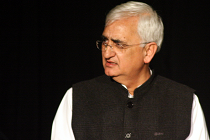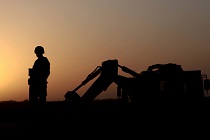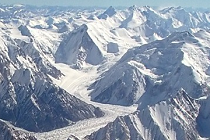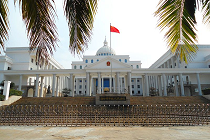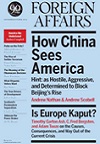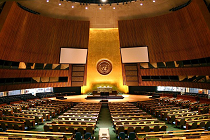Salman Khurshid: Internal tasks for external impact
India’s Foreign Minister, Salman Khurshid, faces various internal challenges in his new External Affairs portfolio – an understaffed diplomatic corps and increasingly assertive regional politicians. Will Khurshid have enough time to make significant foreign policy changes, given the upcoming elections in 2014?

